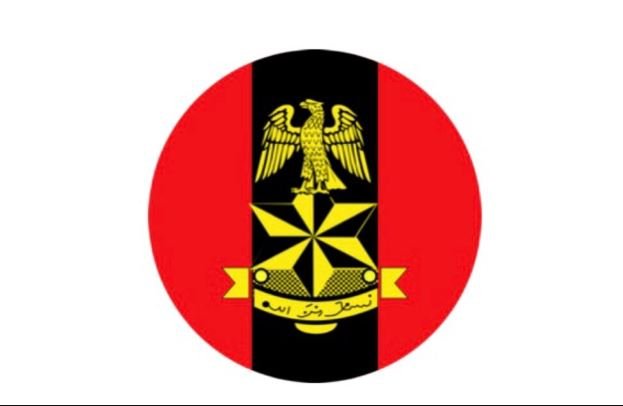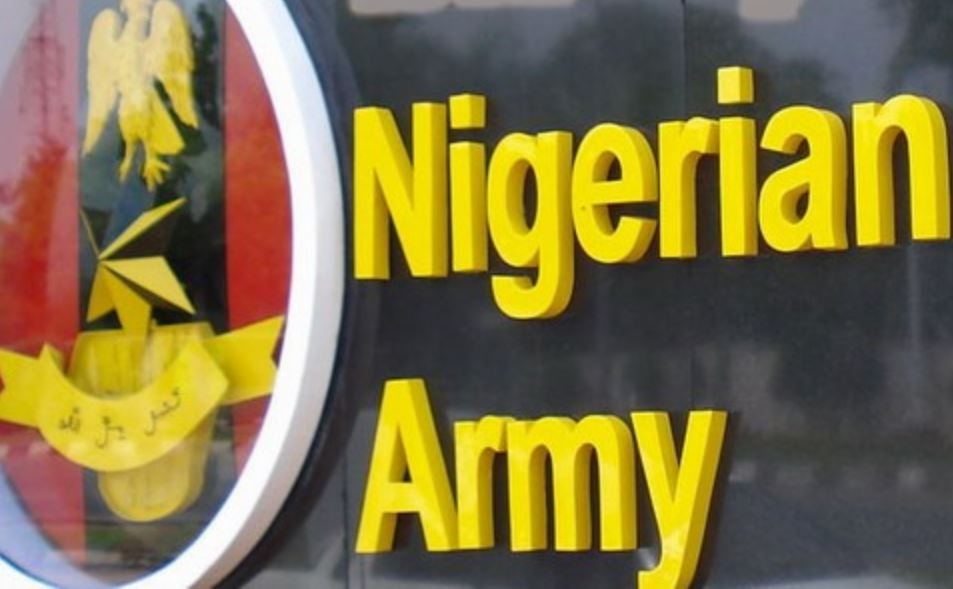
Top 5 Biggest Army Barracks In Nigeria (2025)
As Nigeria faces ongoing security challenges, its army barracks remain essential pillars of defense. This guide discusses the top five largest army barracks In Nigeria. You’ll also learn about their history, operations, and the challenges they’re facing.
READ ALSO: List Of All Ministers Of Communications, Innovation, And Digital Economy In Nigeria (1952-Present)
Top 5 Biggest Army Barracks In Nigeria
- Yankari Barracks, Kaduna
- Maimalari Barracks, Maiduguri
- Dodan Barracks, Lagos
- Ojo Barracks
- Giwa and Maimalari Barracks
Note: These army barracks are ranked based on their historical value, and not by capacity as there is limited information on them.
1. Yankari Barracks, Kaduna
Yankari Barracks is a major military base located in Kaduna, Nigeria. It is one of the largest and most important military installations in the country.
The barracks play a part in housing infantry units and serving as a site for military training and operations. The barrack was established during a time when Nigeria was focusing on expanding its military capabilities.
Kaduna has always been a central location for military activities due to its geographic position. The barrack has been important in handling internal security issues, especially during times of civil unrest and insurgency.
Yankari Barracks is well-equipped with different facilities, including residential areas for personnel, offices, training grounds, and medical services.
This infrastructure supports a large number of troops and their training needs. Given the ongoing security challenges in Nigeria, the barracks’ ability to provide extensive support is very important. Additionally, the barrack is important for training recruits and providing ongoing development for soldiers.
2. Maimalari Barracks, Maiduguri
Maimalari Barracks is one of Nigeria’s largest army bases, located in Maiduguri, Borno State. This barracks plays a key part in the fight against insurgency in the northeast of Nigeria.
However, the barrack is named in honor of Brigadier Zakariya Maimalari, a pioneering Nigerian army officer. He was the first regular Nigerian officer to be commissioned into the army and was the commander of the 2nd Brigade in Lagos.
Sadly, he was killed during the 1966 Nigerian coup d’état. Borno State, which has been heavily affected by the Boko Haram insurgency, Maimalari Barracks counter-insurgency operations in the state.
The barracks host many troops dedicated to fighting Boko Haram and restoring stability in the region. In January 2014, Maimalari Barracks was in the news when soldiers there staged a riot.
They fired shots at their commanding officer to protest against inadequate equipment and poor living conditions. This incident stressed the difficulties faced by soldiers fighting Boko Haram and the need for better support from the Nigerian government.
READ ALSO: All Ministers For Justice And Attorney General Of The Federation In Nigeria (1960-Present)
3. Dodan Barracks, Lagos
Dodan Barracks is one of the biggest army barracks In Nigeria, located in Ikoyi, Lagos, Nigeria. This barracks has been central to many important events in Nigeria’s history.
Established during the British colonial period, it became the Supreme Military Headquarters during the Nigerian Civil War from 1967 to 1970.
It also served as the official residence for Nigeria’s military heads of state from 1966 until 1991, when the capital moved to Abuja.
The name “Dodan” comes from a battle site in Burma during World War II where Nigerian soldiers fought. In January 1966, Dodan Barracks was at the center of a coup that ended Nigeria’s First Republic.
This coup was later suppressed, and Major General Johnson Aguiyi-Ironsi, who had been the army commander, became head of state.
After a counter-coup in July 1966, General Yakubu Gowon moved into the barracks and led the country from there until the end of the Nigerian Civil War in January 1970.
The barracks remained the base for subsequent military rulers for decades. During the 1970s and 1980s, Dodan Barracks was involved in several significant events.
In February 1976, General Murtala Mohammed was killed in a coup attempt, and Olusegun Obasanjo took refuge in the barracks.
In 1977, the barracks became known for the controversial raid on Fela Kuti’s compound, which led to Fela’s protest involving an empty coffin left at the barracks.
In December 1983, a coup led by General Muhammadu Buhari faced initial resistance at the barracks, but the troops eventually yielded.
Another coup in August 1985 saw General Ibrahim Babangida seize power. In 1990, the barrack was targeted in a coup attempt by Major Gideon Orkar, although the guards managed to defend it.
After the military headquarters moved to Abuja in 1991 and civilian rule resumed in 1999, Dodan Barracks fell into disrepair due to reduced funding.
By the early 2000s, the barrack was in poor condition, with broken sewage pipes and neglected grounds. In 2004, then-President Olusegun Obasanjo ordered the barracks and other unused military sites to be handed over to the Police Force.
In recent years, there have been efforts to renovate and preserve Dodan Barracks, aiming to restore its historical significance while adapting it for current use.
4. Ojo Barracks
Ojo Barracks is also believed to be one of the largest military bases In Nigeria, located in Lagos State, Nigeria. It is the headquarters for the 81st Division of the Nigerian Army.
Ojo Barracks benefits from its strategic location. Lagos is well-connected by major roads and waterways, such as the Trans-West African Coastal Highway and Badagry Creek.
This helps the barracks efficiently move soldiers and supplies. Ojo is essential for training Nigerian Army personnel. It hosts different programs and exercises to prepare soldiers for their duties.
The barracks also play a part in logistics and supply. Historically, Ojo Barracks has been involved in important events in Nigeria’s military history.
It has been the site of significant military operations and has hosted various ceremonies and parades. The presence of the barracks also has an impact on the local economy.
It provides jobs and supports nearby communities. However, the barracks face some challenges, such as environmental pollution and infrastructure problems, which need ongoing attention and investment.
READ ALSO: List Of All Ministers Of Interior In Nigeria (1957-Present)
5. Giwa And Maimalari Barracks
Giwa Barracks Is considered one of the biggest barracks In Nigeria. It is a military detention center in northeastern Nigeria, near the city of Maiduguri, and It has been known for holding prisoners who are mostly associated with Boko Haram, a militant group.
However, the facility has faced multiple attacks from Boko Haram since 2014. In 2016, Giwa Barracks held about 1,200 prisoners.
Human rights organizations, such as Amnesty International, have raised concerns about the conditions in the barracks, alleging that prisoners are mistreated and tortured.
Amnesty International reported that in 2014, Boko Haram raided Giwa Barracks, resulting in the deaths of many prisoners who were later executed by the military.
In 2016, it was reported that at least 149 detainees died due to starvation or mistreatment between January and April, though the Nigerian government and military denied these claims.
Despite these challenges, Giwa Barracks continues to operate as a detention center amidst ongoing security concerns and allegations of human rights abuses.



Well it’s good and clear but i we like to join army
Join, its cool and ok. Bt mk up ur mind 2 face anytin dat comes.(good or bad)